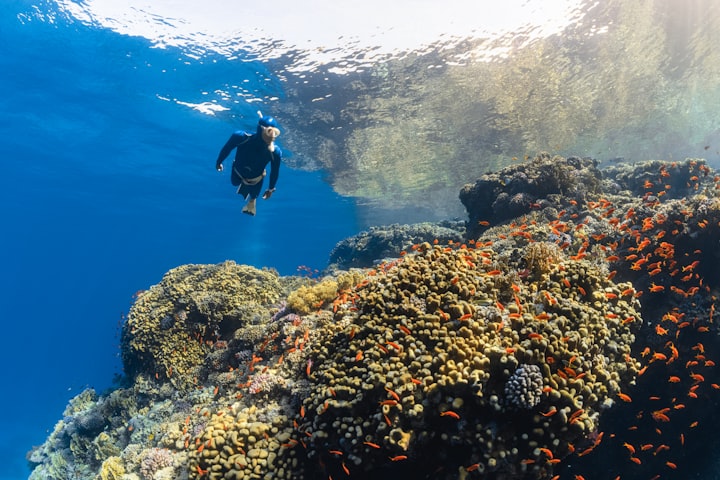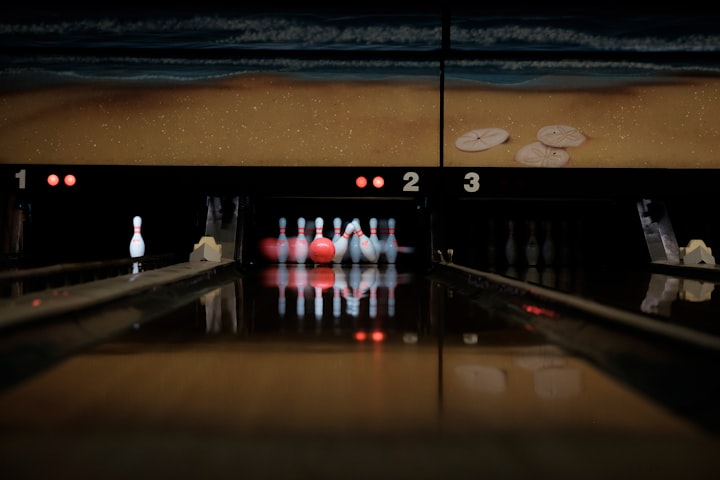Diving is an exhilarating sport that combines athleticism, grace, and precision. It involves jumping or performing acrobatic movements from a diving board or platform into a body of water. With a rich history and a place in both competitive sports and recreational activities, diving has captivated individuals worldwide.
Originating from the ancient practice of diving for food and treasure, diving has evolved into a sophisticated sport that showcases the incredible capabilities of the human body. It has been an Olympic sport since the early 20th century, gaining popularity and attracting athletes from all corners of the globe.
One of the most notable aspects of diving is the display of remarkable coordination, balance, and control exhibited by divers as they execute their dives. The sport can be categorized into two main disciplines: springboard diving and platform diving. Springboard diving is performed on a flexible diving board, while platform diving is performed from a fixed platform at various heights, ranging from 3 meters to the awe-inspiring 10-meter platform.
The diving events in competitive sports are judged based on the execution, degree of difficulty, and overall impression of the dives. Each dive is assigned a degree of difficulty, which is determined by the number and complexity of the movements performed in the air. Divers strive for perfect execution, aiming to achieve clean entries into the water without causing any splash.
Diving requires an extraordinary level of physical fitness, as well as mental focus and concentration. It demands strength, flexibility, agility, and exceptional body control. Divers train tirelessly to develop the strength and flexibility necessary to execute their movements with precision. Strength training exercises, core stability work, and flexibility training are all integral components of a diver's training regimen.
Moreover, divers must possess mental resilience to overcome fear and nerves. Stepping onto a high diving platform or springboard can be an intimidating experience, and divers must learn to harness their emotions and perform under pressure. Mental preparation, visualization techniques, and controlled breathing are vital aspects of a diver's mental training.
Technique plays a crucial role in diving, and divers must master a variety of skills to execute their dives successfully. Takeoffs, aerial positions, somersaults, twists, and entries into the water all require careful attention to form and body positioning. Each movement must be performed with precision, maximizing the diver's speed and height while maintaining control throughout the entire dive.
Diving is not only a competitive sport but also a recreational activity enjoyed by people of all ages and skill levels. From leisure diving in swimming pools to exploring the depths of the ocean through scuba diving, the allure of the underwater world has captivated adventurers and enthusiasts alike. Recreational diving provides an opportunity to discover the wonders of marine life, experience weightlessness, and immerse oneself in a tranquil underwater environment.
In addition to the physical and recreational aspects, diving also has numerous health benefits. It is an excellent form of cardiovascular exercise, improving lung capacity and strengthening the respiratory system. The low-impact nature of diving makes it accessible to individuals of different fitness levels, while still providing a challenging workout. Diving also promotes mental well-being, reducing stress and anxiety by immersing oneself in the calming environment of the water.
Diving has seen tremendous advancements and innovations over the years. Technology has played a significant role in enhancing safety, precision, and the overall experience of divers. Modern diving equipment, such as diving masks, snorkels, wetsuits, and advanced scuba gear, has made underwater exploration more comfortable and accessible.
The sport of diving continues to evolve, pushing the boundaries of what is possible. Divers constantly strive to innovate and create new dives with higher degrees of difficulty, incorporating complex aerial maneuvers and combinations. Spectacular dives, such as multiple somers
aults and twists in various directions, challenge the limits of human potential and leave audiences in awe.
Diving competitions, including the Olympic Games, World Championships, and other international events, bring together the world's best divers to showcase their skills. These events provide a platform for divers to demonstrate their artistry, athleticism, and dedication to their craft. The combination of physical prowess, technical mastery, and artistic expression makes diving a visually stunning and captivating spectator sport.
In conclusion, diving is a captivating sport that combines athleticism, grace, and precision. Whether performed as a competitive sport or enjoyed recreationally, diving offers individuals the opportunity to showcase their physical abilities, explore the underwater world, and experience the thrill of defying gravity. With its rich history, ongoing innovation, and global appeal, diving continues to inspire and captivate people of all ages and backgrounds.
About the Creator
Niq Bean
Writing and photography are my hobbies and Vocal is the platform where I want to display both.







Comments
There are no comments for this story
Be the first to respond and start the conversation.